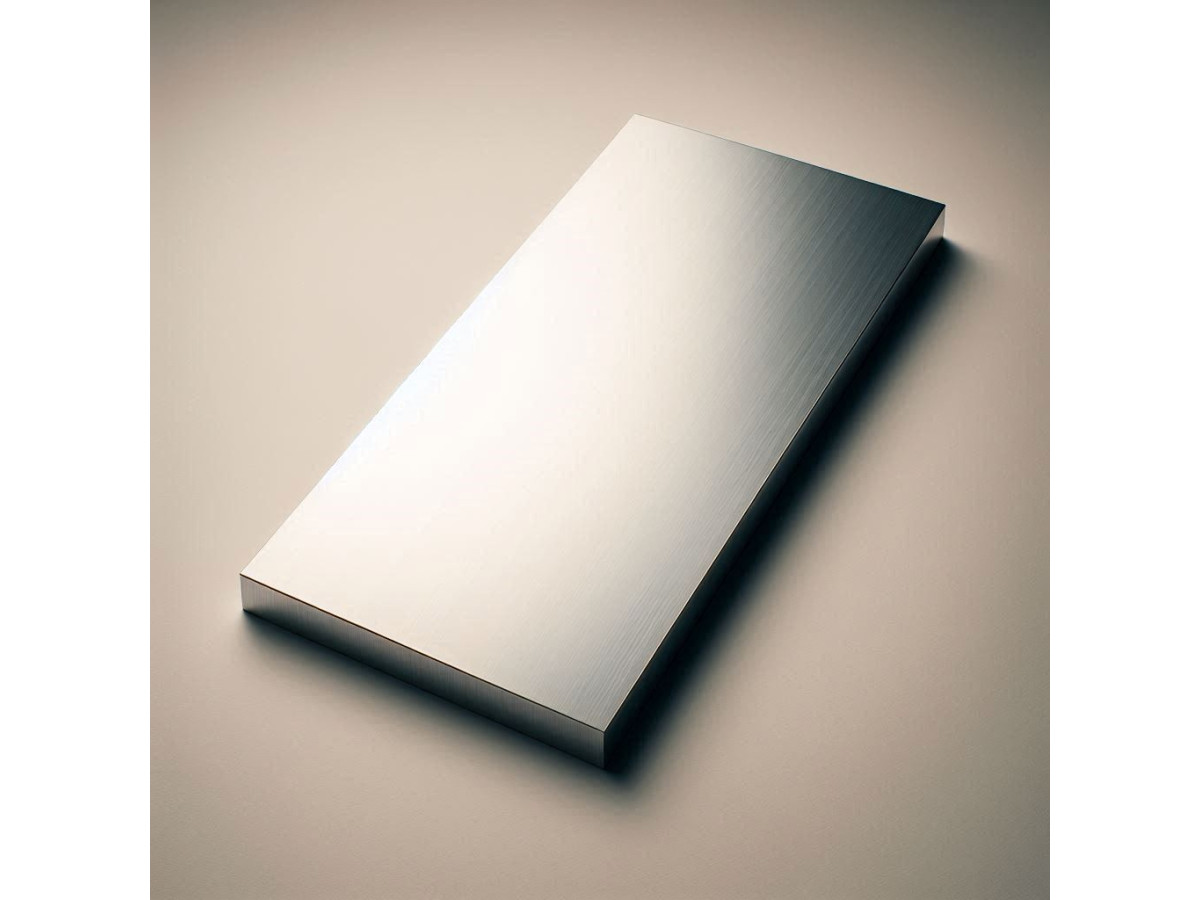Titanium alloy sheets are among the most sought-after raw materials in modern technology and industry. This unique raw material combines incredible strength and low weight, which makes it indispensable in a variety of industries. It is actively used in the aerospace and medical industries, in chemical production and construction, as well as in many other areas where improved performance characteristics are fundamental factors. In this article, we will consider in detail all aspects related to titanium: from its history and production technologies to areas of application and economic prospects.
History and development of production
Titanium was discovered in the late 18th century, but its industrial use began much later. The first mentions of it date back to 1791, when an English priest and mineralogist discovered it in ores found in Cornwall. However, it was not until 1795 that the German chemist Klaproth gave it the name "titanium" in honor of the mythological titans symbolizing strength and power.
Until the mid-20th century, the metal remained a rare and expensive material due to the difficulty of extracting and purifying it. It was only with the advent of the Kroll process in the 1940s that mass production became possible. The Kroll process allowed titanium to be extracted from ore using magnesium and argon, making the process much simpler and cheaper. Since then, production technologies have continued to improve, making it more available and cheaper.
Main manufacturing steps
Production begins with the extraction of ore containing the metal. The main sources are the minerals rutile and ilmenite. After extraction, the ore undergoes complex chemical processing to obtain pure metal. In the first stage, the ore is crushed and enriched to increase the concentration of titanium.
Next comes the chemical extraction process. The most common method is chlorination of the ore, which results in the tetrachloride of this metal. This product is then reduced using magnesium or sodium in a special furnace, which allows obtaining a pure alloy. After that, it is purified from impurities and melted in a vacuum arc furnace to obtain high-quality metal.
Modern production technologies continue to develop. One of the promising areas is the use of plasma and laser technologies for processing. These methods allow you to get products with high precision characteristics and minimal material loss. And one of the most popular types are titanium sheets.
Additive manufacturing methods (3D printing) are also actively developing. This technology makes it possible to create complex shapes and designs that cannot be obtained using traditional processing methods. 3D printing is used in the aerospace, medical and automotive industries, where lightweight and durable parts are required.
Types and features of rolled products
Sheets are classified by thickness and alloy composition. The most common types include:
- Commercially pure metal types Grade 1–4. All of them have high rust resistance and good weldability, are used in the chemical field, medicine and the creation of marine equipment.
- Titanium alloys Grade 5 and above. They contain elements such as vanadium or aluminum, other types that increase strength and resistance to high temperatures. They are relevant for use in the aerospace and automotive industries.
The sheets are characterized by increased strength at low density. The strength characteristics of the metal depend on its composition and structure. For example, titanium Grade 5 has a tensile strength of about 1000 MPa, which significantly exceeds similar indicators for most other metals.
The oxide film on the surface prevents further oxidation and destruction of the metal. Due to this, the sheets can be easily used in aggressive chemical environments and sea water. The material also has a low degree of thermal expansion, which makes it possible to use it in structures subject to significant temperature changes.
Such metal is not capable of causing allergies and is compatible with living tissues, which allows it to be used for implants used by doctors. Production requires significant costs for the extraction and subsequent processing of ore, which increases the price of the sheets when compared with other types of metal. But in the company "Ukrstarline" you can order this rolled metal on the most favorable terms.

